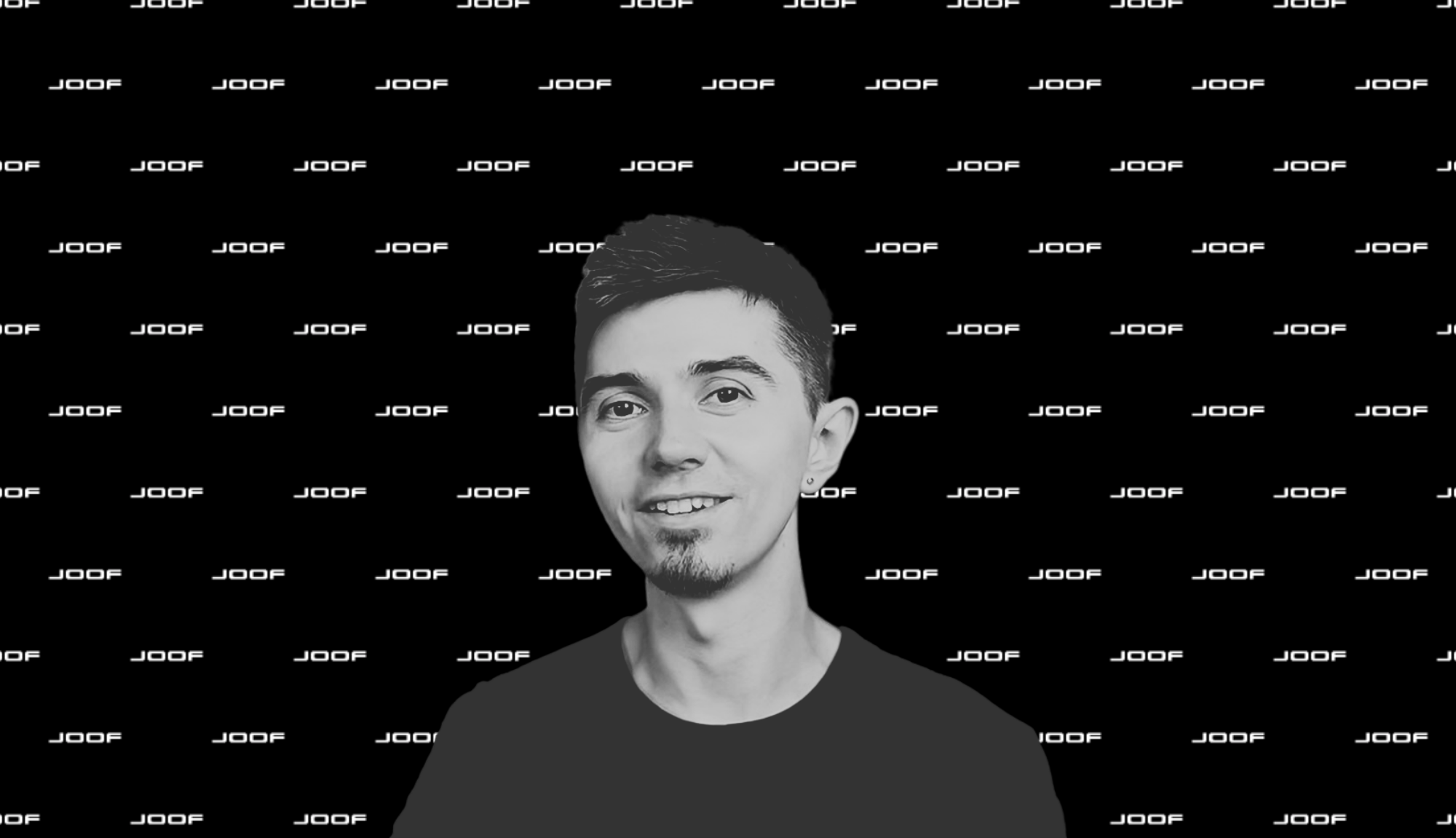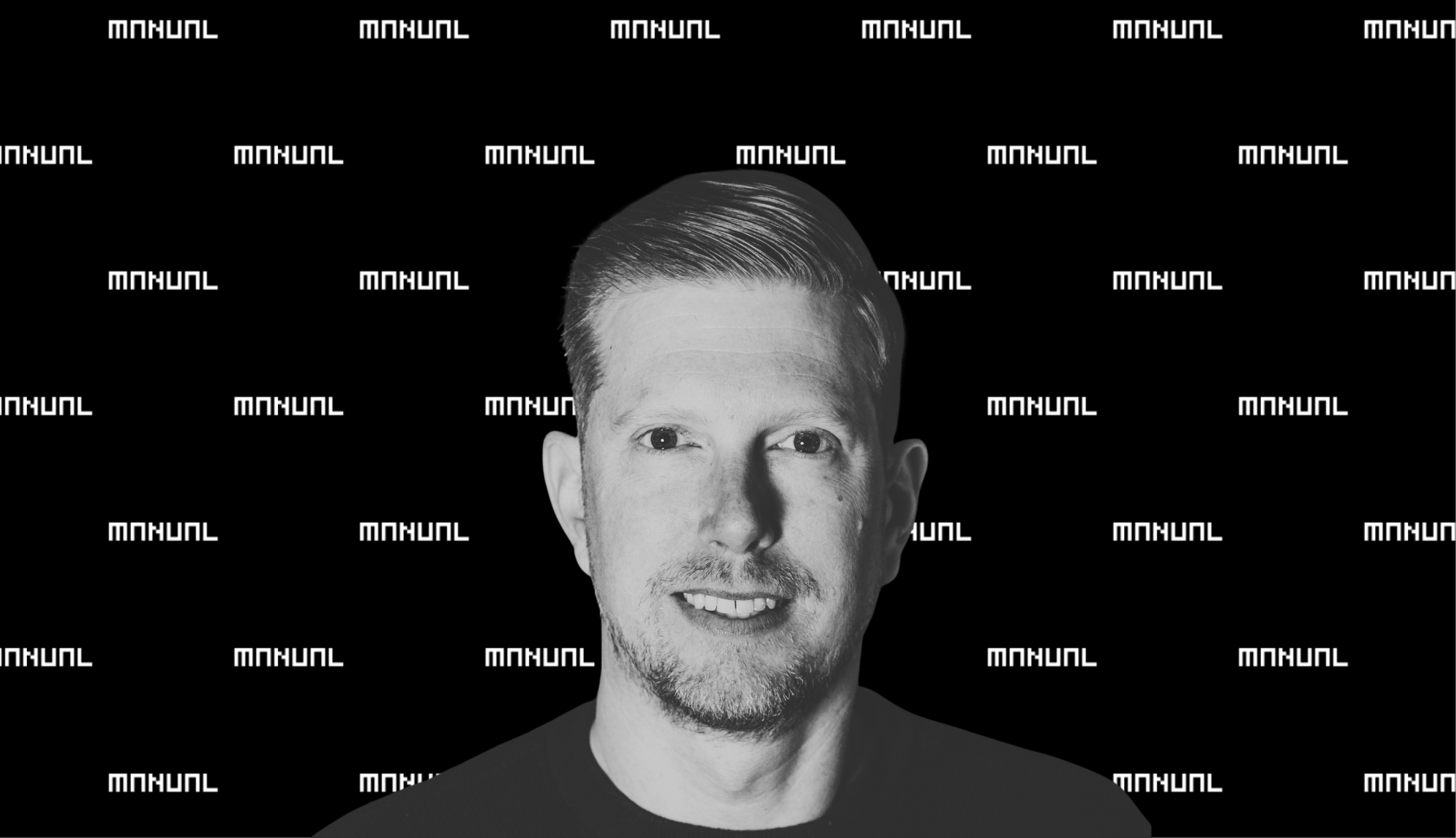Interview: Luke Jamieson, Co-Owner @ Global League
 We're excited to chat to Luke Jamieson, Co-Owner at Global League with business partner Nick Boundy (M4SONIC), as he shares insights from the frontlines of the music industry. From useful learnings, to top tips and professional insights, his openness and down to earth perspective make this a great read for both aspiring artists and anyone considering launching their own label alike.
We're excited to chat to Luke Jamieson, Co-Owner at Global League with business partner Nick Boundy (M4SONIC), as he shares insights from the frontlines of the music industry. From useful learnings, to top tips and professional insights, his openness and down to earth perspective make this a great read for both aspiring artists and anyone considering launching their own label alike.
Interview with Luke Jamieson:
Question: What initially drew you to the music industry and working at a record label?
Luke: I've always loved music, marketing and business strategy. I'd spent a long time in the corporate world and wanted to try my skills at a completely different industry I knew nothing about. I produce music too, so learning as much about the industry as possible helped both my artist career and the label. I also wanted to wear whatever I liked to work and be authentic self and the music industry is a great place to do that!
Question: What is one thing about the music industry that surprised you when you first started?
Luke: Data entry & legal agreements! Haha. You think starting a record label is all about discovering great artists and sharing their music with the world but being a small (2 person) team it feels like 90% of my time is spreadsheets, data entry / verifying and reading agreements. The other thing is the way people email, having come from a business background - it took me a long time to get used to brevity and the direct nature of emails from people in the music industry.
Question: Who is an emerging artist you think people should be listening to?
Luke: We've done a lot of work with a Trap / Bass artist called Chief Street. He's got some fire tracks that dropped recently and has some real wild beats coming out soon.
Question: Is there a specific piece of advice you'd give yourself back when you first started in the industry?
Luke: It's going to take 10x longer than you think to get where you want to go, and that's ok. Lots of small steps add up to big gains over time. Everyone's looking for that big win or that one hit, but a stream of successful releases and consistent growth when you look back often surprises you. That and be aware that very few artists follow instructions.
Question: What do you think is the biggest misconception artists have about the role of record labels today?
Luke: I think a lot of artists think a record label is going to take care of everything for them and they don't need to do anything to promote their music. Especially as a small independent label, we're trying to build a community of fans that love the style of music we release and support our artists, but we don't have massive teams or budgets to take care of everything an artist needs for a release - so we do what we can, provide strategy and guidance for the artists, and invest what we can where we think it will be most beneficial, but we all need to play our part in promoting a track.
Question: How do you handle the delicate process of giving creative feedback to artists?
Luke: In the beginning we tried to be really delicate and suggest things they might like to implement, now we just tell them flat out - it needs x,y & z and you need to remove a,b & c for us to be interested. Sometimes they take it on board sometimes they prefer to leave the track as it is, and if it's not for us like that - that's ok and they can submit to another label who might like it - everything is subjective. We used to release everything just the way the artist wanted it, but we learned quickly that our gut feeling is often right and that often the tacks just did't resonate with listeners.
Question: What are some red flags that may discourage you from signing an artist?
Luke: "hey bro you gotta sign my track before you miss out!". 11 followers on Soundcloud. Poor communication. Generally being difficult or rude in early stages to deal with. If we're going to work together on releasing an artists music, it's got to be a good fit that everyone feels good about. It's going to be a long slog if there's no respect (in both directions) and roadblocks and headaches at every turn. We've turned down great tracks that we loved because of some of these issues.
Question: How hard/easy is it to get signed these days?
Luke: If the artist has good music and is pushing hard themselves to grow their career and network and build a fanbase / community I don't think it would be too hard to get signed, it just may depend on if they get signed to the label they want to sign to! Eventually artists will find a label, and by that point it might be more about if that label is a good fit. I think with the bigger labels it would be getting much harder to get signed, because the quality of music and number of artists, especially in the electronic space is growing so much that there is a LOT of competition.
Question: How does LabelRadar help the music discovery process for you?
Luke: LabelRadar has made being proactive in finding new artists and music way easier for us, being able to filter by location and genre and blast through a heap of tracks in one sitting is great, being able to skip, shortlist and review and then message has been a game changer for us. Being able to see a brief overview of an artist's DSP, social stats etc as well once we like music can help us make an informed decision.
Question: How has joining LabelRadar impacted your (or your team's) day to day?
Luke: It's good to be out of the inbox and focussed purely on the music while we're on LabelRadar. And often after we've listened to direct submissions, we'll go on a little music discovery journey and see what else is out there - so it's made A&R a lot more enjoyable for us!
If you don’t already have a LabelRadar account, you can sign up here.
Share this
You May Also Like
These Related Stories

Interview: Daniel Sokolovskiy, Label Manager @ JOOF Recordings

Interview: Paul Hazendonk, Founder & Director @ Manual Music
